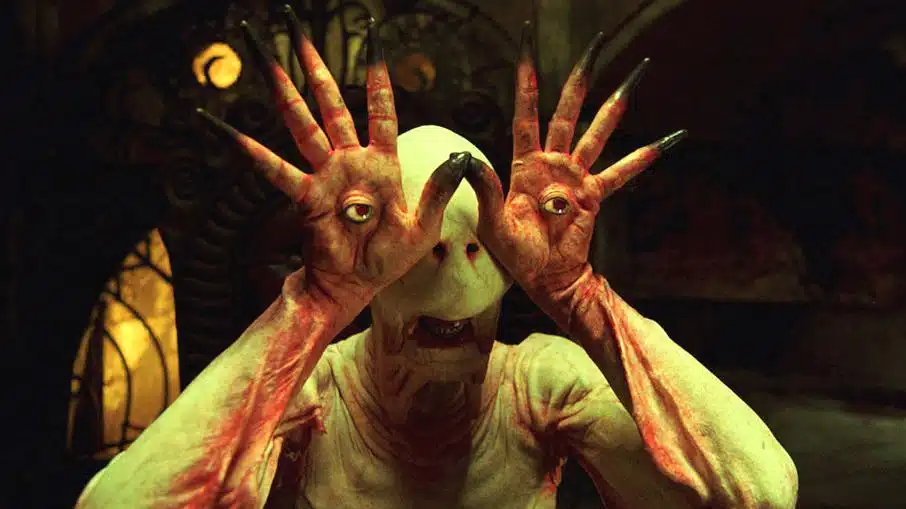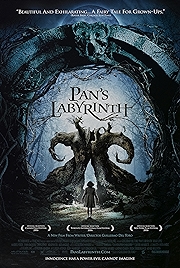A movie for every day of the year – a good one
4 December
Francisco Franco born, 1892
On this day in 1892, Francisco Franco y Bahamonde was born. He’d later style himself Generalísimo, or Caudillo, of Spain while he ruled the country, from 1939 to 1975.
From a military family, Franco was the youngest general in Europe in the 1920s, and rose rapidly through the ranks. With the fall of the monarchy and the establishment of a Republic in 1931, the monarchist conservative Franco became increasingly marginalised and in 1936 he led a coup against the elected government. With help from Mussolini in Italy and Hitler in Germany Franco prevailed in the civil war that followed, and went on to set up a fascist state that endured for decades longer than the regimes of his patrons.
In spite of his monarchical beliefs Franco did not restore the monarch, though he did restore the monarchy (a cute touch), preferring to set himself up as de facto king of Spain. He did however, years down the line, nominate Prince Juan Carlos, the grandson of previous king of Spain, Alfonso XIII, as his successor.
Franco was a religious conservative who favoured Catholicism, and dealt with “communists” (anyone who disagreed with him) by putting them in concentration camps. He formed alliances with the West, who saw him as a bulwark against the advances of the Red menace, but was eventually forced to liberalise and open up his economy. After years of dirt-poverty, this was enough to generate a steady rise in living standards, the so-called Spanish Miracle.
In sync with the economic cycle he’d generated, Franco was able to hold on to his health only as long as the economy prospered, and in 1975 he died, just as Spain’s economy was tanking along with most Western economies unprepared for the hikes in the price of crude that came with the “oil shocks” of the 1970s.
His successor, Juan Carlos, immediately and, to Franco supporters, shockingly, started to dismantle the oppressive apparatus of Europe’s most successful fascist and engineered Spain’s move towards democracy.
Pan’s Labyrinth (2006, dir: Guillermo del Toro)
Though the fascists of Franco’s Spain were in power for longer than either Mussolini’s or Hitler’s, longer even than Salazar’s in next-door Portugal, they do not appear regularly on screen. Nazis work better as off-the-peg demons, and the Italian as an easy enemy is complicated by the fact that the country switched sides as the Second World War progressed. As for Portugal, it was so isolated that few people outside the country have heard of Salazar, even now. Guillermo Del Toro goes some way towards addressing the Spanish imbalance in his fierce fantasy taking an often candy-floss genre and imbuing it with all the discomfiting rationale you find in the original stories of the brothers Grimm.
We’re in Franco’s Spain, a place of brutality and ignorance, where Ofelia, a bookish young girl is living in an uneasy relationship with her new stepfather, a fascist army officer who has married her mother because she was hot, and certainly not because she comes with an inconvenient daughter. To escape the rejection, the danger, the daughter creates a world of the imagination, in which she is the princess of an underground kingdom, or at least she is according to the faun and the fairy who arrive to act as gatekeepers to this world. Meanwhile, above ground, by day, the anti-fascist forces are skittering about at the edges of Ofelia’s world, hoping to launch some sort of fight back against an enemy who now has his feet under the table in more ways than one – her mother is pregnant with the stepfather’s child, Ofelia’s replacement.
After so many years of films informed first by the kitchen sink, then by the social concerns of European arthouse, the Dogme movement, and finally the new miserabilism of mumblecore, it is a relief to see Guillermo Del Toro let rip with an out and out fantasy, and one that is so well conceived. And it works better than some Del Toro movies, the arch Hellboy or the chaotic Pacific Rim, because it contrasts its dark fantasy against something much darker – war, fascism, brutal, meaty reality. And yet the worlds blend at the edges, as gothic worlds do, as they did in Del Toro’s fabulous The Devil’s Backbone. Pan’s Labyrinth is a swirling paella of prosthetics, puppets, CGI, brilliant production design and Guillermo Navarro’s dark yet vivid cinematography.
Why Watch?
- A rare cinematic outing for Franco’s Spain
- Oscars for cinematography, art direction and make-up
- A fairy tale for adults
- A frightening Sergi López as the brutal father-in-law
Pan’s Labyrinth – buy it/watch it at Amazon
I am an Amazon affiliate
© Steve Morrissey 2013

